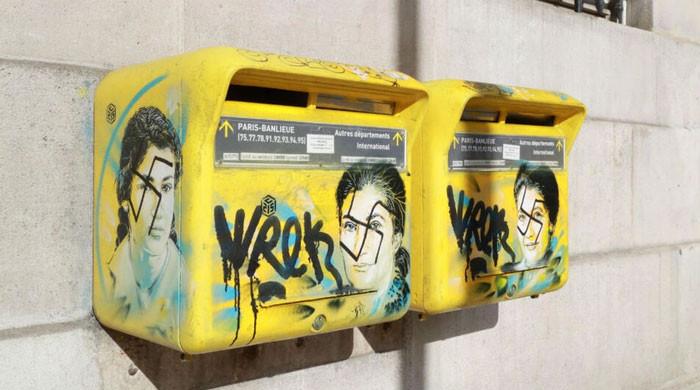Hatred against the Jewish community has seen a disturbing rise worldwide since the attack by Hamas on southern Israel on October 7 and the subsequent ruthless bombardment by Israeli forces in the Gaza Strip.
Incidents range from verbal abuse, online slurs, threats, graffiti, and physical assaults. These actions often draw on anger over the Gaza conflict, using it as a pretext for aggression against Jews.
Some reports indicate that in countries such as the United States and the United Kingdom, Islamophobic incidents have also increased during this period. The heightened intensity of the Gaza conflict and the trauma of October 7 have left many Jews feeling a heightened sense of fear and insecurity.
In countries where data is available, a clear pattern has emerged. Hatred against the Jewish community has risen by 100 % compared to the same period last year in places such as the United States, Britain, France, Germany, and South Africa.
Most of these incidents consist of verbal abuse, online slurs, threats, graffiti, and defacement of Jewish properties, businesses, or sites of religious significance. Physical assaults represent a significant proportion.
One common thread is that anger over the deaths of thousands of Palestinians due to Israel’s bombardment of Gaza is invoked as justification for verbal or physical aggression towards Jews in general. This is often accompanied by the use of slurs and tropes rooted in the long history of hatred against the Jewish community.
“This is the scariest time to be Jewish since World War Two. We have had problems before, but things have never been this bad in my lifetime,” said Anthony Adler, 62, speaking outside a synagogue in London’s Golders Green, a neighbourhood with a large Jewish community.
Adler, who runs three Jewish schools, temporarily closed two of them after October 7 due to fears of attacks on pupils and increased security at all three.
The climate of fear is worse for many Jews than in previous rises in hatred against the Jewish community linked to flare-ups of violence in the Middle East, partly because of the intensity of the Gaza conflict and partly because of the trauma of October 7.
“The idea that Israel was the ultimate shelter, that idea is shattered by what happened on October 7,” said political scientist Nonna Mayer, a member of France’s CNCDH, an independent human rights commission.
The most chilling incident globally was the storming of an airport in Russia’s Dagestan region on Sunday by an enraged crowd looking for Jews to harm after a flight arrived from Tel Aviv. Rabbi Alexander Boroda, president of Russia’s Federation of Jewish Communities, said in response that anti-Israeli sentiment had morphed into open aggression towards Russian Jews.
Shneor Segal, the chief Ashkenazi rabbi of Azerbaijan, said the incident showed that “antisemites will use any excuse – the current Middle East crisis being just the latest – to terrorize the dwindling numbers of us that remain” in the Caucasus. “And where do they think they are chasing these Jews away to? The very country whose existence is such an abomination to them!” he said, referring to Israel.
But without reaching such extremes, a string of incidents all over the world show the fears and tensions affecting Jewish communities. In Buenos Aires, pupils at a well-known Jewish school were asked not to wear their usual uniforms to be less easily identifiable, parents said.
Other schools cancelled planned camping trips and activities outside their premises. At Cornell University in upstate New York, security was increased around the Center for Jewish Living after online threats, including a call for it to be bombed.

